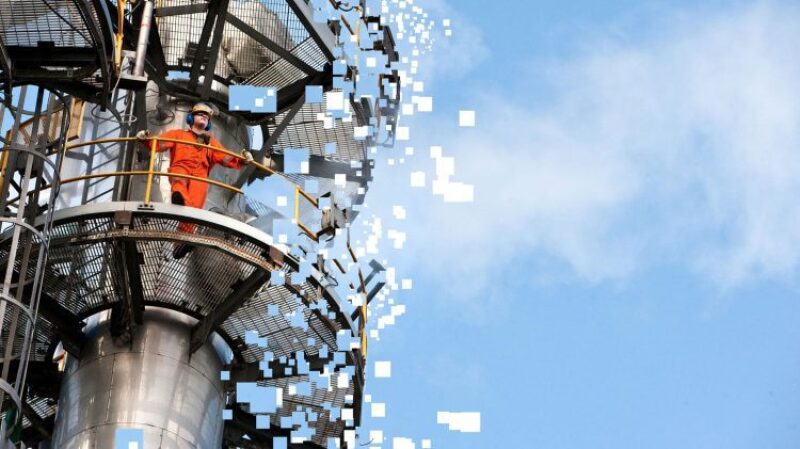BP and Microsoft have formed a new partnership that they say will bolster their efforts to drive forward the digital transformation while also meeting their respective carbon-emission goals.
BP has already committed to building many of its new-age digital toolsets on Microsoft’s cloud computing platform called Azure but will extend that agreement as part of the new deal. In turn, Microsoft has agreed to source some of the renewable energy it needs to achieve its goal of using 100% renewable energy across its operations in the US, Europe, and Latin America.
Additionally, the companies will also launch an innovation project aimed at developing new digital solutions to support sustainability and decarbonization initiatives that extend beyond the oil and gas industry. The innovation component of the deal includes four key focus areas.
- Smart and clean cities. The companies will explore synergies between Microsoft’s “Smart Cities” initiative and BP’s “Clean Cities” initiative, both of which aim to improve cities’ sustainability goals.
- Clean energy parks. This plank involves developing park systems that rely on low-carbon technologies such as carbon capture use and storage (CCUS) to prevent or reduce emissions.
- Consumer energy. Using data-driven and actionable insights, BP and Microsoft want to give energy consumers a greater ability to manage their home energy use and reduce carbon emissions.
- Industrial Internet of Things (IoT) solutions. The aim is to deliver an “intelligent edge” computer solution that will be used by BP at its production and operations facilities.
In August, BP outlined its goal to reach net-zero emissions across its operations by 2050 or sooner. That goal includes a target to increase its current renewable energy capacity by 20 times to about 50 gigawatts by the end of this decade.
Microsoft said in January that it hopes to be a carbon-negative company by 2030 which will involve investments to remove more CO2 from the environment than the company emits.

